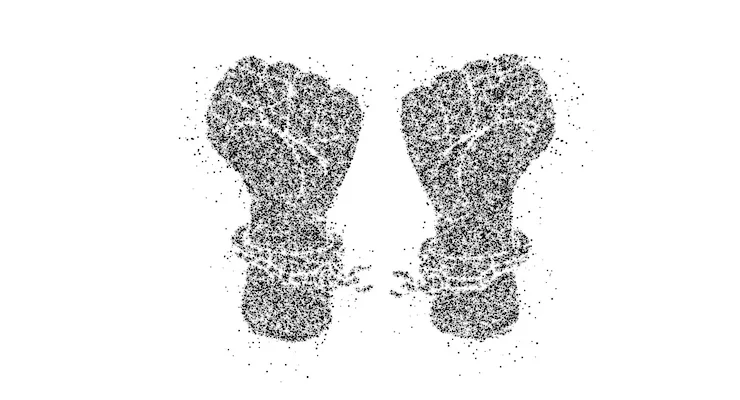
What happens when you are convicted and even sentenced, but you are not really guilty? Thinking about appealing? But what if you lose that too, and you are not really guilty?
Post-Conviction Relief – yes, that’s your only alternative. But understand these thoroughly! If you don’t follow all the policies and rules of PCR, then you can forget all about the relief.
Consulting with your attorney in such matters is very important. For example, if you are based out in Atlanta and considering applying for PCR, then you must consult intensively with any good Appeal Attorney in Atlanta. In fact, you can always check out Conklin law firm based out in Georgia and find attorneys for pleading your case.
But there’s something else that you’ll need. Yes, your documents are crucial for matters related to Post-Conviction Relief. Keep reading to find out more on the same.
Key Documents For Post-Conviction Relief Cases:
Since Post-Conviction Relief cases involve the most complex criminal procedures, especially in terms of interpretation or even basic comprehension. The chances of success are even meager if all the involved policies are not followed strictly. In fact, if you make errors, it is highly possible that the remedy can even get waived.
For this very reason, you need an appellate attorney in Atlanta or wherever you are located – so that your attorney can review your documents and look after operations accurately! Let’s check out what are the most important documents that you will need for Post Conviction Relief Cases.
1. Charging Information And Related Filings
The charging information is the first document that you need for the Post-Conviction Relief case. It lists your crimes, the ones you were initially charged for, accompanied by elements related to each individual crime that the State will have to prove, and that too beyond all reasonable doubts.
These initial set of documents also contain a Probable Cause Affidavit which happens to be a type of initial evidence that the police had provided to the court for obtaining an arrest warrant on your name. Together, these provide a generic preview of your case in a concise form.
2. Discovery
Discovery is technically legal terminology defined as the information associated with your cases, such as videos, photos, and the like. Before trial, all involved parties are necessarily required to exchange relevant information related to criminal charges.
The prosecutor naturally provides the same during your initial hearing to your defense counsel. The discovery documents include police reports, video or audio recordings, and witness statements, It is crucial to review all evidence shared before the trial so that you can compare the same with the evidence shared during the trial.

If you don’t follow all the policies and rules of PCR, then you can forget all about the relief.
3. Pre-Trial Motions And Orders
Several issues might arise before the criminal trial, which can easily affect the evidence that is to be presented by the Defense or even the State, for that matter. For instance, if you made statements before getting arrested, your attorney can have filed a ‘Motion to Suppress.’
Now the attorney in charge of preparing and reviewing your Post-Conviction Relief Cases must be able to access all the pre-trial Motions as well as resulting orders. If it’s found that the judge made any mistake in either granting or even denying any of the pre-trial Motions, then the trial’s outcome will be impacted.
4. The Record
For starters, this one has nothing to do with any criminal records. It is literally the official recording of your trial. Did you know that every trial, especially when it’s criminal, is recorded by the court reporter? So it is sort of a transcript that includes all details related to your case.
Without these exhibits and transcripts, how will you determine whether errors were made during the trial or even if there is any chance of filing for PCR in a majority of cases?
5. Post-Trial Documents
This one’s pretty simple, considering it only deals with documents related to what happens post-trial. There are times when a case simply doesn’t end after sentencing. The Defense might file some motion to Court asking them to reconsider all evidence presented.
Several things can happen post-trial when you think about it – what’s important is whether you have all the documents or not! But the best thing to do in this context is to consult with an appellate attorney in Atlanta or wherever you are!
The Court’s Now Adjourned!
Now that you know which documents are the most important for your Post-Conviction Relief case, what are you even waiting for? But remember, whatever you do in this context, don’t forget to consult and have an intensive discussion with your attorney about the same. Meanwhile, in the comments below, let us know your thoughts on the same.
Additionals:


